Some Essential Points on Death, Dying & Buddhism’s Views on These Matters in Response to Questions
– One of the most profound things that Buddhism has to offer are its teachings on death and dying. Having presided over funerals and worked with students as they face the death of their loved ones I appreciate the fresh perspective and support that Buddhism offers for such times. Most often I am asked what people can do for their loved ones when their loved ones are dying.
One of the distinctive features of the Buddhist view of death and dying, is the notion that death is a process that begins before their last breath, during a time when the person is gradually transitioning from bodily life. And then it continues for many days afterwards. The first stage of dying is known as the “dissolution of the elements,” where the body and mind’s connection are being dismantled. Tibetan Buddhism posits dying as a process that continues after the respiration has ceased. The whole process is said to continue for a forty-nine day period
There is much practical advice for death and dying in Dzogchen, Tibetan Buddhism’s great perfection teachings of the inner tantras. During the cycle of dying – the priority for the person dying is to concentrate on loving kindness, visions of luminosity and surrendering into as much ease in simple presence as they can muster. It can also be a time of last acts of merit depending upon how long this period is, such acts of forgiveness and generosity. For the loved ones who are caring for someone dying, it is a time of supporting the person who is passing through loving presence, acts of kindness and mercy as well as accomplishment of spiritual prayers on their behalf. Every situation is unique. Unfortunately life defies formulas, so do dying and death. But fortunately, loving presence is a widely applicable generable rule of how to help. Just showing up with a loving attitude and gentle presence can make all the difference.
I received the following questions below – so my upcoming posts will be focused on answering them.
Questions:
I have a few questions related to sickness and dying.
1) Is there anything wrong with withdrawing life support to a person who seems unlikely to recover and is unconscious?
2) Is there anything undesirable about taking pain medications as one approaches the time of death?
3) Is there any reason not to donate one’s body parts at the time of death?
4) Is there anything undesirable with being cremated?
Thank you for any light you can shed on these questions.
Here is a link to arrange for a Buddhist Lama to do the death rites for your loved ones.
Here are the Links to the series Below.
Buddhism on Death & Dying Part 4: Practices for the Deceased
Also related- the prayer we read to those dying. Although it requires some training and transmission, reading about it can be beneficial to help understand what important learning could happen during the period before death.

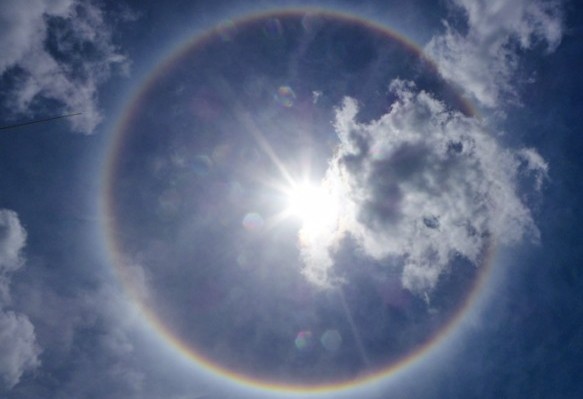
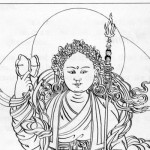


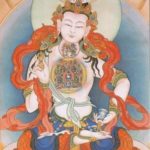

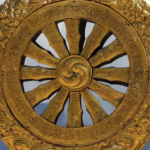
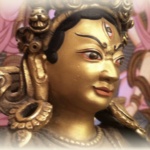

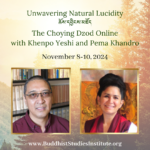

Most interesting topic. While I experience an avoidance and aversion of thoughts of death, I also seem to find more and more that a sense of death seems to align with a sense of emptiness and therefore a sense of being more present. Thank you!